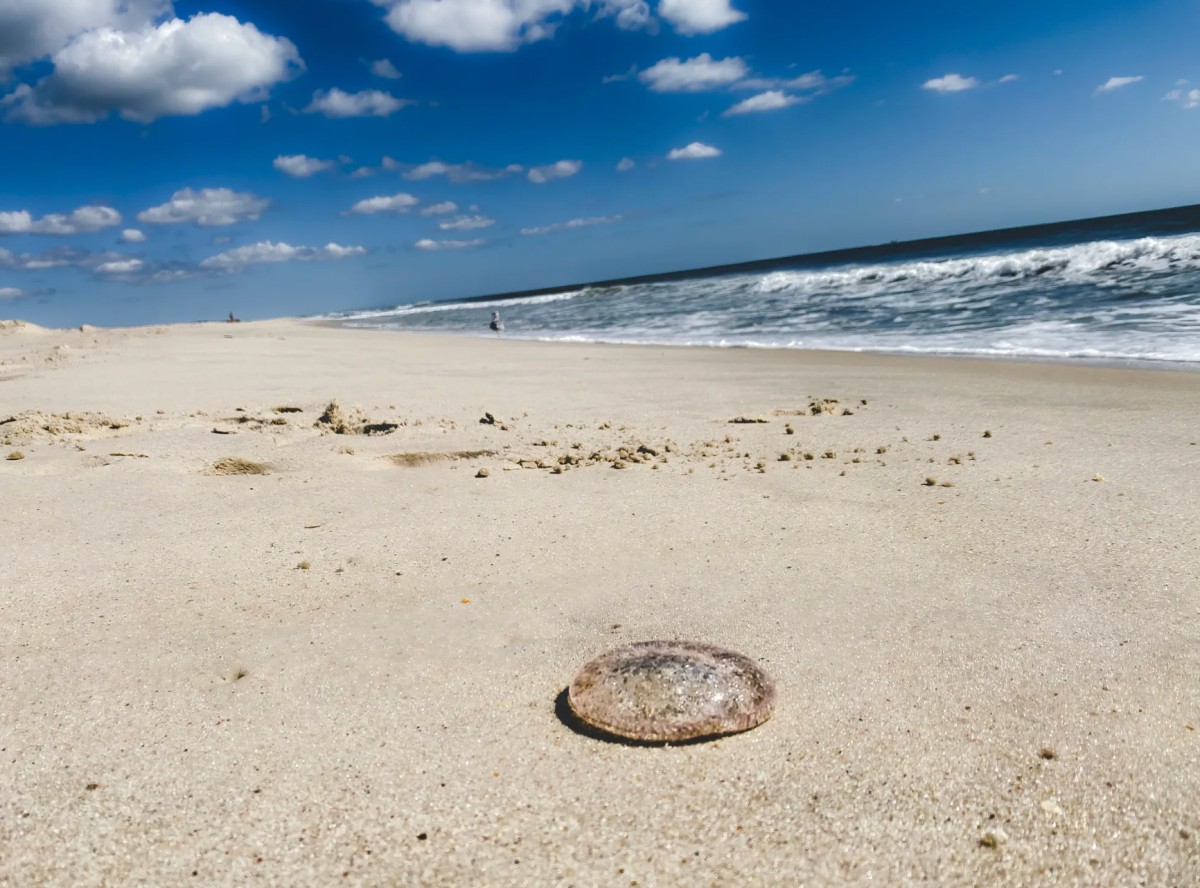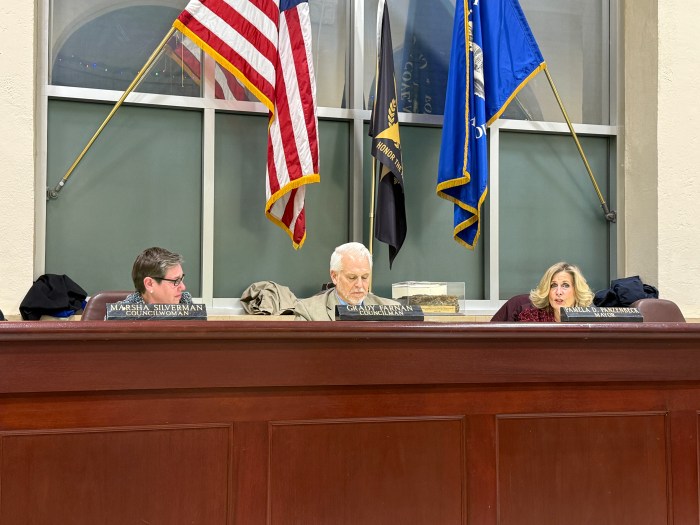Nassau County has told residents they shouldn’t swim at a list of over a dozen public beaches 11 times this summer.
That’s because the Nassau County Health Department has found raised enterococci levels, a bacterium similar to E. coli, in its daily testing of beach water. If people are exposed to water with high levels of either, they can experience negative health impacts, including gastrointestinal issues, skin or eye irritation, or respiratory issues.
Robert Hayes, senior director of clean water with Environmental Advocates NY, said it’s important for people to take these warnings and closures seriously. Contaminated water can harm beachgoers by simply swimming in it, even though they aren’t drinking it, he said.
“There can be subdermal absorption from being in that water,” Hayes said. “There’s also the potential to accidentally ingest it through your mouth as you’re swimming.”
The summer’s frequent heavy rainfall is to blame for beaches being slapped with closures and advisories, the health department said. When heavy rain occurs, stormwater runoff occurs. That washes sewage discharges, animal waste and bacteria or trash on the street into the water.
Hayes said it’s important for people to be aware of the impact heavy rain can have on water safety when considering a trip to the beach.
The health department said a closure is issued when there is a known risk to public health, such as sampling results that exceed federal or state standards. Advisories mean swimming and wading are not recommended and are issued after certain heavy rainfall events at beaches known to be impacted by stormwater runoff, which can cause illness.
Hayes said that part of the reason this occurs at Nassau beaches is because of its aging sewage infrastructure.
“The solution to this problem is to upgrade outdated sewage infrastructure,” Hayes said. “So many of these communities have pipes that are past their useful life. They’re cracking, they’re degrading and they can’t handle the rainfalls that we’re getting due to climate change these days.”
Beaches that have had closures or advisories issued this summer include Morgan Sound and Pryibil Beach in Glen Cove, North Hempstead Beach Park in Port Washington and Philip Healey Beach in Massapequa. The health department said those with calmer waters can be more susceptible to issues, as strong tides can wash bacteria from the runoff out faster.
Closures and advisories usually only last for a few days, until the natural tide washes contaminants out and impacts from heavy rain subside.
The health department said young children, older adults, pregnant individuals, and those with weakened immune systems are more vulnerable to the impacts of bacteria in the water and should take extra care to heed public health warnings.
There are currently no active beach closure warnings in the county. To know when a beach may be unsafe to swim in, visit the Nassau County Health Department’s Civic Alerts webpage.
































